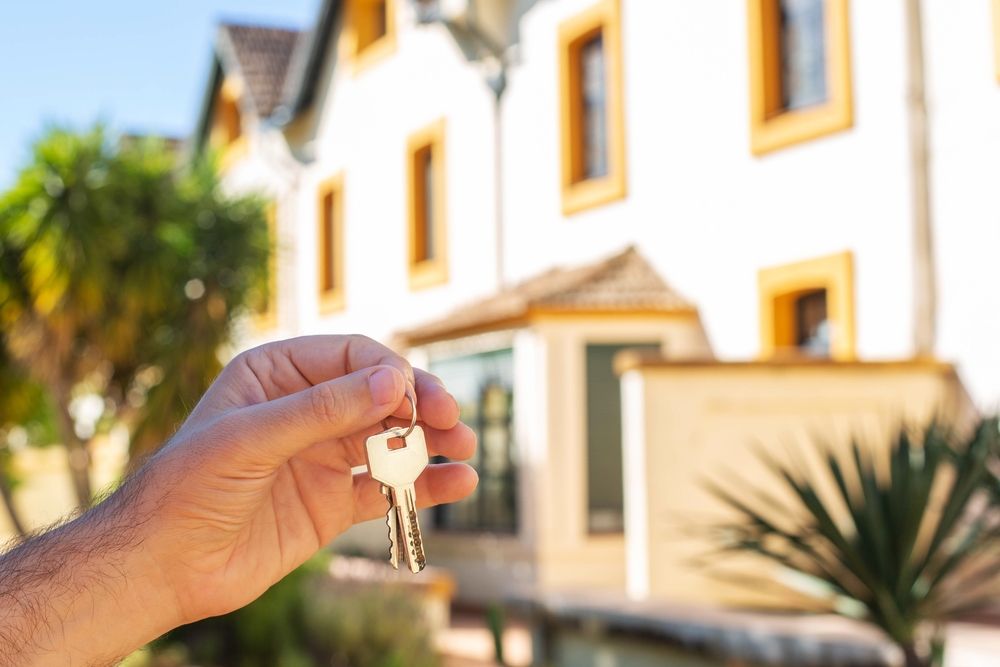Buying a house in Spain is a dream for many.
With its sunny beaches, rich culture, and relaxed lifestyle, it’s no surprise that Spain is a top destination for international property buyers. However, to make your dream a reality, you’ll want to be fully prepared before making an offer.
Here are insider tips to guide you through the preparation process, ensuring a smooth experience and a solid foundation for your property investment in Spain.
1. Understand the Spanish property market
Before diving in, it’s crucial to understand how the Spanish property market works.
Spain’s property market can vary significantly by region. Research local property trends in areas you’re interested in, paying close attention to factors like average property prices, demand fluctuations, and potential growth. Coastal areas, for example, tend to have high demand, while rural areas might offer more affordable options.
Familiarising yourself with the market can help you make a more competitive offer and avoid overpaying.
2. Get pre-approved for a Spanish mortgage
One of the most important steps before making an offer is securing mortgage pre-approval.
Getting pre-approved gives you a clear picture of your borrowing capacity and provides confidence to sellers that you’re a serious buyer. Many Spanish banks and international lenders offer mortgages to foreign buyers, but requirements vary.
Working with mortgage specialists like us can help you navigate these differences and find the best mortgage option for your needs.
3. Calculate all property-related costs
Buying a property in Spain involves more than just the purchase price. There are several additional costs, including:
- Legal fees (around 1% of the purchase price)
- Notary fees
- Land registry fees
- Property transfer tax (typically between 6-10%, depending on the region)
- Mortgage setup costs
Understanding these expenses beforehand will help you set a realistic budget and avoid unexpected financial strain. For more tailored insights, Fluent Finance Abroad provides expert advice on budgeting for Spanish property purchases.
4. Hire an independent lawyer
While it’s not legally required to hire a lawyer, it’s strongly recommended for foreign buyers.
An independent lawyer (not connected to the seller) can verify that the property is free of debts, confirm the seller’s legal right to sell, and review all contracts. This is especially valuable if you’re unfamiliar with Spanish property laws.
Look for a lawyer experienced in property transactions, and ensure they have a good reputation.

5. Secure a Foreign Identification Number (NIE)
To purchase property in Spain, you need a Número de Identificación de Extranjero (NIE), a foreigner’s identification number.
This is essential for all financial transactions, including property purchases, paying taxes, and setting up utilities. You can apply for an NIE in Spain or through a Spanish consulate in your home country.
Since it can take time to process, it’s best to apply for your NIE well in advance of making an offer.
6. Check the property’s legal status
In Spain, properties must meet certain legal requirements, such as building licenses, and should comply with urban planning regulations.
Before making an offer, verify that the property has the necessary permissions and certificates.
Your lawyer can help with this by reviewing Nota Simple, a document from the land registry that includes important property details like ownership, size, and legal status.
7. Arrange for a survey and inspection
It’s advisable to hire an independent surveyor to inspect the property for potential issues, particularly for older properties or those with large plots.
An inspection can uncover structural problems, wiring issues, or drainage concerns that may require costly repairs.
Knowing these details upfront lets you make a fully informed offer and potentially negotiate a better price.
8. Research exchange rates and plan for currency transfers
If you’re buying in euros, currency exchange rates can significantly impact your budget.
To avoid exchange rate fluctuations, consider setting up a currency transfer plan with a reputable provider. This can help you lock in favourable rates and ensure your funds are ready when needed.
Our experienced team can offer guidance on managing currency exchange, helping you avoid excessive fees and maximise your budget.
9. Set a competitive offer strategy
Once you’ve identified a property, you’ll need to determine your offer strategy.
In some parts of Spain, haggling is common, while in high-demand areas, you may need to act quickly and offer close to the asking price. Be prepared to negotiate, but remember to set a maximum price to avoid overcommitting.
Your real estate agent can provide valuable insights into local negotiation practices.
10. Understand Spanish property purchase contracts
In Spain, property purchases are typically secured through a reservation contract or an option contract.
A reservation contract temporarily removes the property from the market, giving you time to finalise your mortgage and conduct further inspections. An option contract is more binding, securing the property for a specific period, with a deposit (usually around 10% of the purchase price).
Understanding these options can help you make a stronger offer and protect your interests.

Looking for expert advice?
Buying a property in Spain can be an exciting journey, but thorough preparation is essential.
From securing mortgage pre-approval to understanding local property laws, each step ensures a smoother experience. For tailored advice, the team at Fluent Finance Abroad can guide you through the mortgage process and provide expert support on the financial aspects of buying in Spain.
Ready to take the first step? Get in touch with our team today by calling +34 952 85 36 47 or send us an email at info@fluentfinanceabroad.com and we’ll be in touch with more information shortly!et back to you as soon as we can.



